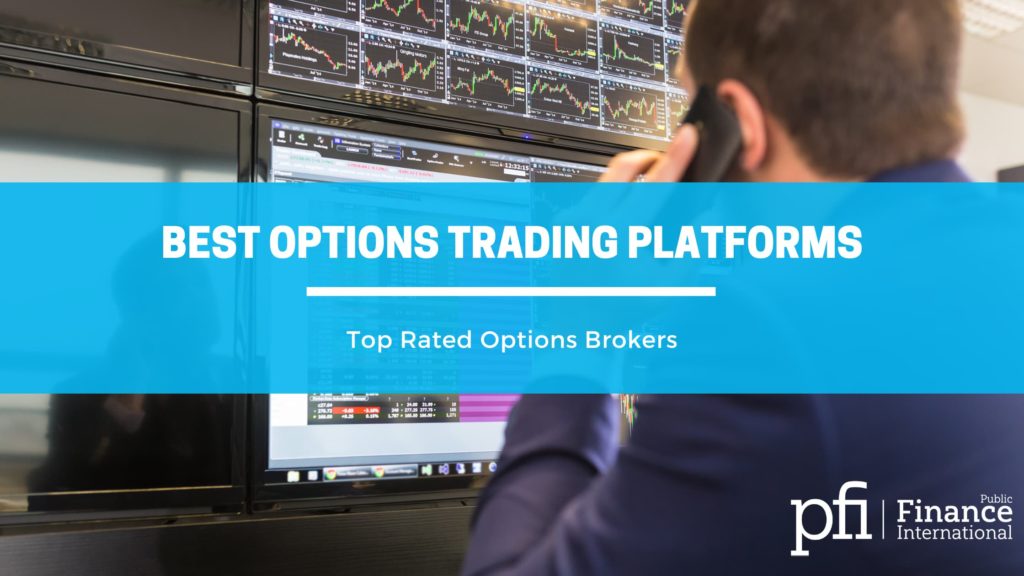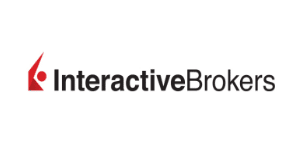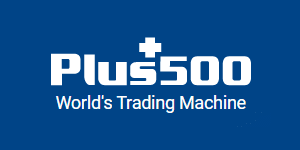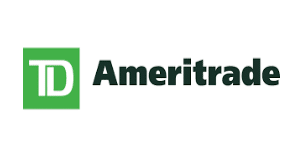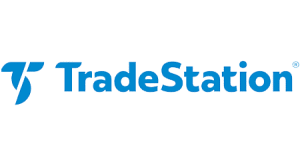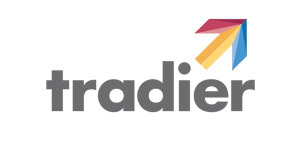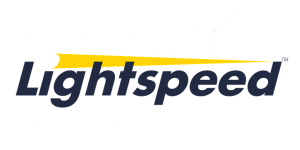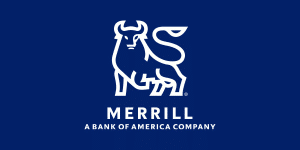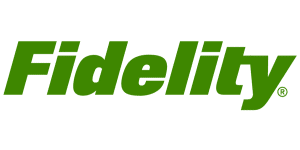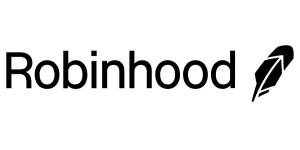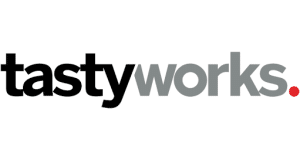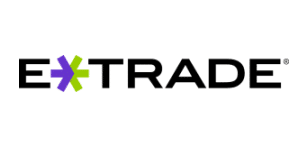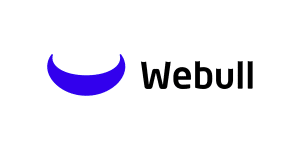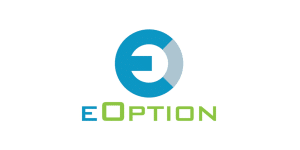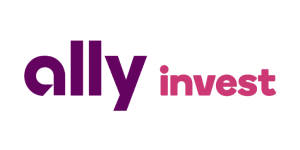In this comprehensive guide, we delve into the best options trading platforms for 2023. Options trading presents lucrative opportunities for both brokers and traders, intensifying the competition among trading platforms to offer top-notch services.
Our evaluation process considered various factors critical to options trading, including real-time data streaming, availability of Greeks, charting capabilities, calculators, and more.
Best Brokers for Options Trading 2023
Our selection of the best options trading platforms for 2023 is based on a meticulous analysis of key criteria such as fees and commissions, account security, customer support, user-friendliness, regulatory compliance, and more. Here's a summary of our top picks:
The Overall Best Options Trading Platform…
- A CFD Options Broker Ideal for Non-US Traders –
- Plus500 – CFD Options Broker for Non-US Traders
- TD Ameritrade – Best Options Trading Platform Tools
- TradeStation – Renowned for Cutting-Edge Options Trading Technology
- Webull – A Top Choice for Low-Fee Options Trading Platform
- Fidelity – A Great Options Trading Platform Suitable for Beginners
1. Interactive Brokers – The Overall Best Options Trading Platform
Interactive Brokers is celebrated for its intuitive and feature-rich tools. It provides access to global investment opportunities, spanning 150 markets across 33 countries. This platform is particularly well-suited for advanced active traders, thanks to its competitive fee structure and an extensive array of trading tools.
In the realm of options trading, Interactive Brokers offers commissions ranging from USD $0.15 to $0.65 per contract. Traders can explore options on over 30 market centers and leverage advanced options trading tools. For those seeking educational resources, Interactive Brokers offers the Traders' Academy, featuring more than 50 free online courses covering various aspects of investing, including options.
Interactive Brokers' platform is accessible through mobile apps, web applications, and desktop software. During our testing, we found that their execution speed aligns with industry standards, while their toolkit exceeds expectations. It encompasses advanced features such as rollover options tools, analytics, options portfolio management, an options strategy builder, and more.
Conclusion:
Options trading demands a platform that combines user-friendliness with advanced features, and the options trading platforms highlighted in this guide cater to a range of trading preferences. Whether you're an experienced trader or just starting, the right platform can significantly impact your options trading success in 2023.
| PROS | CONS |
|---|---|
| Low Options Trading Fees and Commissions | Complex Trader Workstation (TWS) for novice traders |
| Abundant Educational Resources | |
| Regulatory Compliance | |
| Low Margin Rates |
2. Plus500 as a broker specializing in CFD options.
Plus500 is a CFD options broker headquartered in Israel and known for its strong regulation. The company is publicly traded and is part of the FTSE 250 index. Their trading platform is user-friendly and supports multiple languages, enhancing accessibility.
However, a drawback of Plus500 is its limited educational resources, making it less suitable for novice traders. We do not recommend this platform for beginners who require comprehensive learning materials.
On the positive side, Plus500 offers competitive spreads and does not impose commissions on options trading. Traders should be aware of additional fees such as overnight funding, currency conversion, inactivity fees, and charges for guaranteed stop orders. It's important to note that CFD trading carries inherent risks, and traders should exercise caution.
| PROS | CONS |
|---|---|
| User-friendly platform | Not available in the US |
| Demo Account | No swap account |
| Regulated by Top-Tier Authorities | Limited to CFD Trading |
| Multiple Languages |
3. TD Ameritrade
TD Ameritrade's trading platform stands out as one of the finest choices for options trading. Notably, it requires no minimum account balance, making it accessible to all levels of traders. The platform boasts a user-friendly interface that simplifies the trading experience.
TD Ameritrade offers round-the-clock customer support via phone and email, ensuring assistance whenever you need it. They provide a virtual trading feature, perfect for beginners who wish to explore the platform without financial risk.
Furthermore, the platform includes robust research tools and effective risk management options. It facilitates in-depth analysis of option strategies, asset risks, and the setup of rolling spreads for various expiration dates.
To aid beginners, thinkorswim, their platform, offers educational resources for learning on the go. Whether you're a novice or an experienced options trader, we highly recommend TD Ameritrade's platform for its comprehensive offerings and ease of use.
| PROS | CONS |
|---|---|
| Exceptional educational resources | Limited to trading in US markets |
| Diverse offerings beyond options | High margin interest rates |
| Outstanding trading platform | |
| Comprehensive trading tools |
4. Tradestation
TradeStation stands as an excellent choice for options traders, primarily due to its OptionStation Pro platform. They shine in the realm of trading technology, providing a robust platform equipped with powerful options trading tools.
What sets TradeStation apart is its $0 minimum deposit requirement and a competitive options trading fee of $0.60 per contract.
Notably, TradeStation allows you to trade a wide range of assets, including stocks, options, futures, forex, and cryptocurrencies, all from a single account. While there are separate accounts for options and stocks, they are seamlessly executed through the same platform.
TradeStation equips options traders with an array of essential tools, such as advanced charts, indicators, market depth data, level 2 quotes, and much more, catering to all your analysis and trading needs.
However, it's worth noting that this platform is designed with a focus on expert traders and may require some tutorials for full utilization.
We recommend TradeStation to intermediate and advanced traders seeking a comprehensive platform for options trading.
| PROS | CONS |
|---|---|
| Comprehensive all-in-one platform | Learning curve may be steep for beginners |
| Swift execution of trades | Rich selection of option charts |
| Highly customizable features |
What Is Options Trading?
Options trading involves contractual agreements that grant the holder the right to buy or sell an asset at a predetermined price (strike price) on or before a specific date (expiration date). The nature of these contracts varies depending on the type being traded and can be acquired through purchase or as a form of compensation. Options are considered assets and derive their value from the interplay between the underlying asset's value, the expiration date, and market volatility. They can be exchanged between private parties or through standardized contracts on exchange markets.
To simplify, we break down options trading into four key points:
Options contracts
These are agreements between a buyer and seller, offering the buyer the right to buy or sell the asset at the expiration date for an agreed-upon strike price. These contracts are utilized in various fields, including commodities, securities, and real estate transactions.
Premiums
The premium is the market price of an options contract and represents the income received by the seller. Premiums can be divided into intrinsic and extrinsic value, with in-the-money options having both, while out-of-the-money options only possess extrinsic value. Typically, premiums are expressed as a dollar amount per share, considering that options contracts typically involve 100 shares. Premiums tend to increase as the expiration date approaches.
Strike price
Also known as the exercise price, this is the price at which the option holder can buy or sell the underlying asset. The strike price can be determined by market conditions or set at a discount or premium. When an option requires the delivery of the underlying asset, the transaction occurs at the strike price, regardless of the current market price.
Expiration
The expiration date signifies the last day of validity for an options contract. Prior to expiration, investors must decide whether to exercise the option, potentially realizing a profit or loss, or allow it to expire, rendering it worthless.
How Much Money Do You Need to Start Trading?
There is no fixed amount required to begin trading; however, costs are involved, depending on your chosen trading platform. To simplify your decision-making, we've compiled a list of recommended trading platforms, especially beneficial for beginners.
How to Pick an Options Broker?
Selecting an options trading platform can be daunting, particularly for newcomers. Before making a choice, consider your needs, desires, goals, and, of course, your budget. Assess whether you wish to be an active trader or simply dabble in the market, and determine your investment capacity. Once you've clarified these aspects, you can sift through online reviews to find a platform that aligns with your requirements. Additionally, consider factors like fees, education resources, customer service, regulation, safety measures, available trading platforms, and mobility options.
Fees
Now it’s time to compare all of the fees to see which platform offers you the best deal. Online reviews and videos can help with this. Here are a few fees you should look at before making your decision.
- Exercise fees: Exercise fees are charged when you decide to exercise an option instead of closing it
- Assignment fees: Assignment fees are charged if you have stock from an option automatically sold or bought because the stock was exercised.
- Per contract fees: Stockbrokers can charge a base option fee as well as a commission for each contract. The fee system can have multiple tiers for trading. This offers you some flexibility.
- Commission fees on trades: When trading online, brokers can charge a commission fee for every trade you make.
- Transaction fees: This fee is charged when buying or selling a good or service.
Education
If you’re a beginner, a platform’s educational content should be high on your checklist.
Customer services
An important thing you should look at is customer service. Trading platforms usually offer live chats, phone call services, or email.
Regulation
You should make sure that the platform you’ve chosen is regulated. Trading platforms are regulated by the country they are based in or by third-party companies.
Safety
When trading, make sure that the platform ensures that your personal information is secure. Investing is a risky game and being secured against hackers can give you peace of mind.
Trading Platforms
Most trading companies offer platforms such as web-based and as desktop. There are also mobile apps. If you’re a trader on the go, ensuring that the broker offers numerous platforms is something you should consider.
In our experience, it might take a few tries to find the perfect fit. Our advice is to do your research to make an informed decision.
Buying and Selling Options
Options trading introduces complexity beyond typical stock trading, with four fundamental order types:
Options order types
Buy to Open
This order is employed to terminate an open trade, effectively ending a short position.
Sell to Open
This order is used to initiate a trade by selling an option, including "naked calls," often aimed at profiting from a perceived risk in the security's price.
Buy to Close
This order is employed to terminate an open trade, effectively ending a short position.
Sell to Close
Utilized to exit a long position option, allowing the trader to capitalize on the option's increased value.
Advanced Options Orders
Advanced option orders involve strategic trading methods, such as combination orders (e.g., "iron butterflies"), market orders, and limit orders, which offer precise control over trade pricing and stock trends.
Combination Orders
This strategy involves combining put and call options when entering a trade. This strategy is also known as an “iron butterfly”.
Market Orders
This lets a broker know you want to buy or sell an option at market price. There is a risk in using this method because a broker can make you wait before you buy or sell. If the market price drops, you will have an order filled at a bad price. This doesn’t happen too often, but there is a risk.
Limit Orders
This lets you set the price point of a buy or sell. It can help you avoid market drops and helps you know the stock trends. You can then use this information to your advantage.
Which Vertical Option Spreads Should You Use?
Vertical spreads encompass four types: bull call, bear call, bull put, and bear put. These spreads involve simultaneously buying and selling options at different strike prices and are commonly used for risk management.
FAQ
What is a put option?
A put option allows investors to bet on a stock's price decline by giving them the right to sell shares at the strike price before the expiration date. The contract's value increases as the stock's price drops but decreases if the stock rises.
What is a call option?
A call option enables investors to speculate on a stock's price increase by granting them the right to buy shares at the strike price before the expiration date. The contract's value rises with the stock's price and falls if the stock declines.
Is options trading risky?
Yes. Yes, options trading carries risk due to its leveraged nature. Like all investments, there is a potential for loss. Adequate education and research are essential when selecting a trading platform to mitigate risk.
In your trading journey, consider exploring our list of recommended Binary Options Brokers and other related posts to make informed decisions.
You might also like:
- Our list of the best Binary Options Brokers
- Options Trading Singapore – The Ultimate Guide
